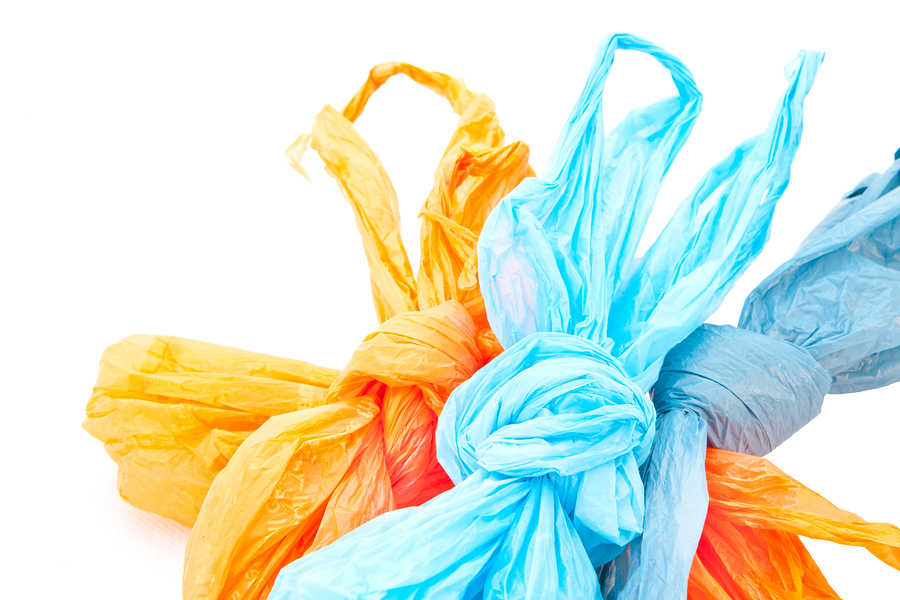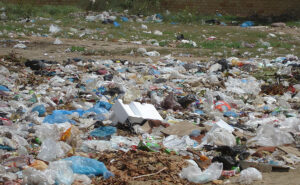It is now official that plastic carrier bags will be a thing of the past come Monday 28th August, 2017. The National Environmental Management Authority (NEMA) has been sending people text messages to prepare them for the upcoming ban. As the ban nears, it is interesting to ponder what this looks like for our country.
- Remember back in school when some students would use plastic bags to carry books? Yes, there were some children who came from families that prioritized buying the bare necessities like food, clothing and shelter. Backpacks then qualified as wants in the hierarchy of needs.
- Every time we go to a ‘mama mboga’ vegetable vendor in the estate, we are looking for convenience. We know the one who washes our vegetables the cleanest and cuts them the thinnest. Our favorite plastic bags used for the wet ready-made vegetables will now be a thing of the past. It will be interesting to observe the alternatives that people will turn to in their absence. In essence, we will feel the pinch for the first month, then get alternatives soon after.
- Ever heard of the ‘Kadogo’ economy? Well, let me school you a little. There are some hoods that are used to buying everything in small quantities. From sugar, flour and even cooking fat. The people that, as cliche as it may sound- live on less than a dollar a day. Most of the shops operating in these hoods rely heavily on small plastic bags that they use to measure a little of everything, sufficient for that one meal.
- If you have been in Kenya lately, you must by now be familiar with the overnight celebrity- Githeri man, who by just standing on line to vote, holding a snack of maize and beans in a transparent plastic bag, his fortunes changed. That was a good comic relief for Kenyans and a grass to grace story- I have digressed. My point is plastic bags are used by small scale food vendors in mostly, the informal settlements. It will also be very interesting to see how this plays out.
- The examples I have outlined above, are from the lower part of the economic pyramid. This is not t imply that only poor people will be affected by the ban. Now, to balance that narrative, at the supermarkets, the main packaging material is plastic bags. Outlets like Nakumatt have started facing out plastics with bio-degradable options.
- That also includes the greatest benefactors of the plastics trade. The manufacturers of plastic bags. According to Quartz, there are have over 30 plastic bag manufacturers with a combined investment worth of over $77.3 million (Kenyan shillings 5.8 billion). This industry employs up to 9000 people, both directly or indirectly.
Rwanda was successful in their ban on plastic bags in 2008, earning them the title of ‘the cleanest city in Africa’. The environment conservation would be the greatest benefit from this ban. Such is life, always full of paradoxes. One thing leads to pros and cons in equal measure. Banning the plastic bags will provide a reprieve for the environment, yet it also means loss of livelihoods. What do you think is a lesser evil in your view. Let’s engage in the comments.
Don’t forget to take the lessons and quizzes on environment on our mobile web learning platform.
Some comic relief: Maybe this is a time to start being creative. Avoid the 2 Million shillings fine or jail term.
About the author
Juliet Otieno is the Brand and Social Media Lead at Eneza Education. She is trained in journalism and Public Relations and is a blogger who likes to play with words.


